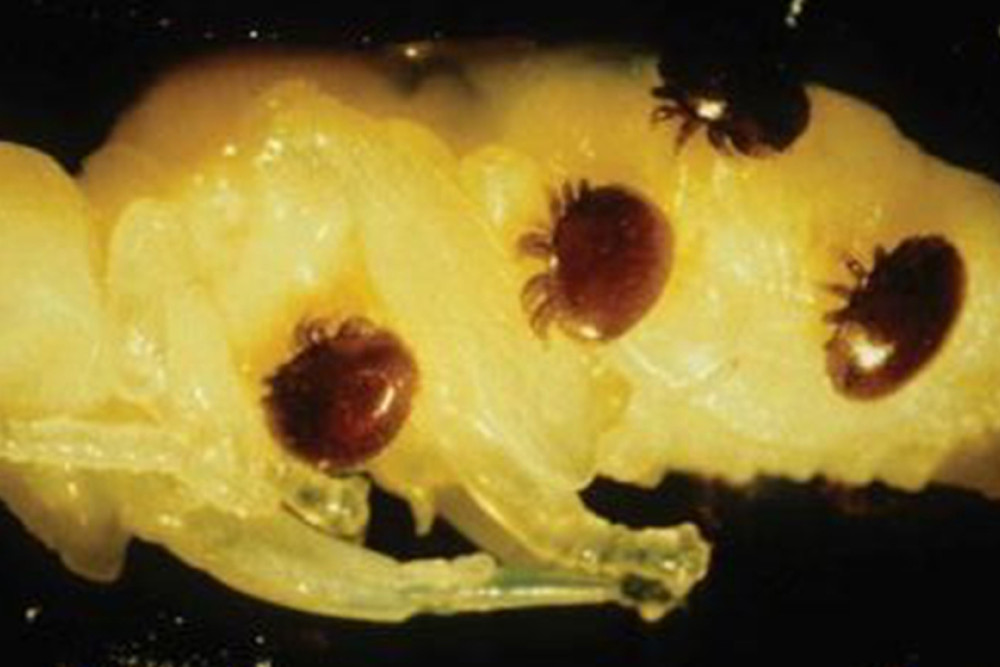Agricultural
1 February, 2023
New rules for moving beehives into Queensland
Beekeepers can now apply for a permit to move European honey bees and other related materials into Queensland from the NSW General Emergency Zone (GEZ) after this zone was declared free of varroa mites.

Minister for Agricultural Industry Development and Fisheries and Minister for Rural Communities Mark Furner said this was great news for the beekeeping industry.
“All states and territories across Australia have reached unanimous agreement that the varroa mite is not present in the GEZ,” Mr Furner said.
“We know how important bees are for our environment and economy, and this decision will allow our beekeepers to manage their operations safely.
“In Queensland, there will be a staged approach with priority given to Queensland-registered beekeepers located in the NSW GEZ.
“A dedicated case manager will manage this process, and in coming weeks owners of non-Queensland registered hives will also be able to apply for a permit to enter.
“Movement of European honey bees into Tasmania, Western Australia, and the Northern Territory remains prohibited due to pests other than varroa mite.”
Processed honey or processed beeswax, new or unused apiary appliances, and quarantine secured diagnostic honey sample for testing at a recognised diagnostic facility can continue to enter Queensland under the existing permit application process.
Beekeepers should continue to monitor their hives and report unexpected hive deaths, deformed bees, parasites, poor brood patterns and dead brood to Biosecurity Queensland on 13 25 23.
Detailed information on how to check hives and report results can be found here and here.


